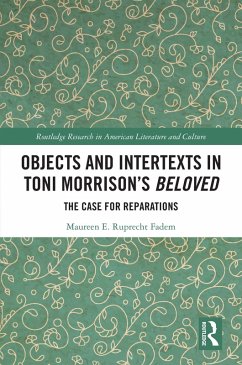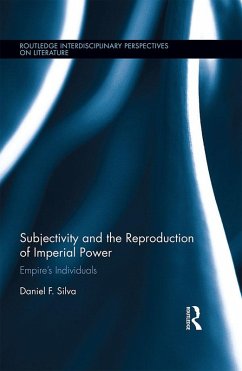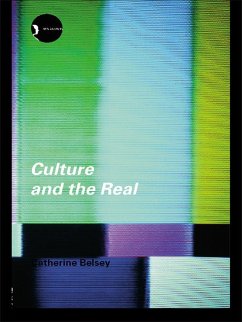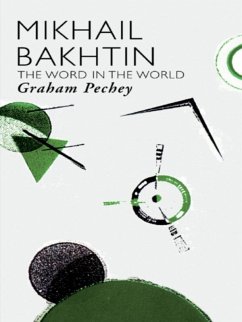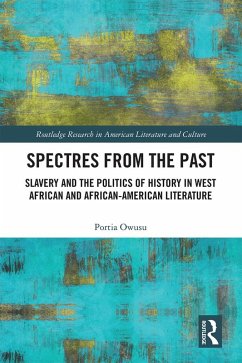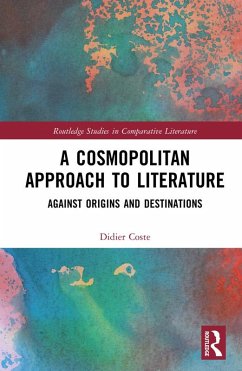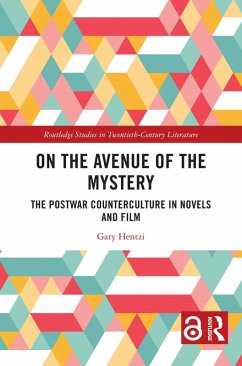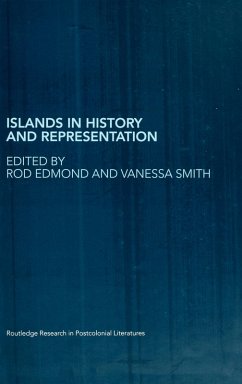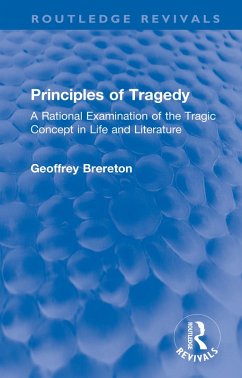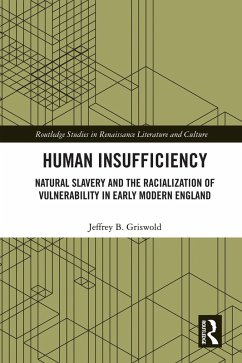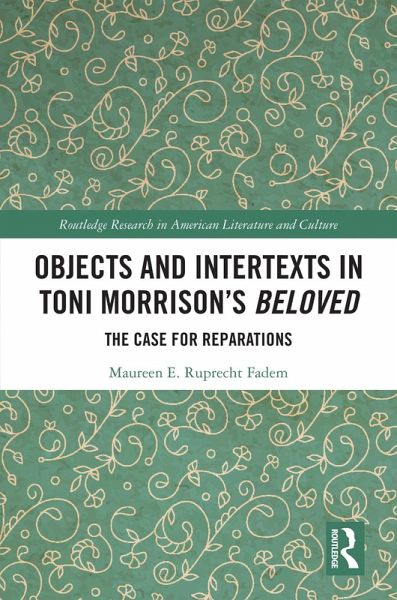
Objects and Intertexts in Toni Morrison's "Beloved" (eBook, ePUB)
The Case for Reparations
Versandkostenfrei!
Sofort per Download lieferbar
39,95 €
inkl. MwSt.
Weitere Ausgaben:

PAYBACK Punkte
20 °P sammeln!
Objects and Intertexts in Toni Morrison's "Beloved": The Case for Reparations is an inspired contribution to the scholarship on one of the most influential American novels and novelists. The author positions this contemporary classic as a meditation on historical justice and re-comprehends it as both a formal tragedy- a generic translation of fiction and tragedy or a "novel-tragedy" (Kliger)-and a novel of objects. Its many things-literary, conceptual, linguistic- are viewed as vessels carrying the (hi)story and the political concerns. From this, a third conclusion is drawn: Fadem argues for a...
Objects and Intertexts in Toni Morrison's "Beloved": The Case for Reparations is an inspired contribution to the scholarship on one of the most influential American novels and novelists. The author positions this contemporary classic as a meditation on historical justice and re-comprehends it as both a formal tragedy- a generic translation of fiction and tragedy or a "novel-tragedy" (Kliger)-and a novel of objects. Its many things-literary, conceptual, linguistic- are viewed as vessels carrying the (hi)story and the political concerns. From this, a third conclusion is drawn: Fadem argues for a view of Beloved as a case for reparations. That status is founded on two outstanding object lessons: the character of Beloved as embodiment of the subject-object relations defining the slave state and the grammatical object "weather" in the sentence "The rest is..." on the novel's final page. This intertextual reference places Beloved in a comparative link with Hamlet and Oresteia. Fadem's research is meticulous in engaging the full spectrum of tragedy theory, much critical theory, and a full swathe of scholarship on the novel. Few critics take up the matter of reparations, still fewer the politics of genre, craft, and form. This scholar posits Morrison's tragedy as constituting a searing critique of modernity, as composed through meaningful intertextualities and as crafted by profound "thingly" objects (Brown). Altogether, Fadem has divined a fascinating singular treatment of Beloved exploring the connections between form and craft together with critical historical and political implications. The book argues, finally, that this novel's first concern is justice, and its chief aim to serve as a clarion call for material- and not merely symbolic-reparations.
This book is freely available to read at https://taylorandfrancis.com/socialjustice/?c=language-literature-arts#
This book is freely available to read at https://taylorandfrancis.com/socialjustice/?c=language-literature-arts#
Dieser Download kann aus rechtlichen Gründen nur mit Rechnungsadresse in A, B, BG, CY, CZ, D, DK, EW, E, FIN, F, GR, HR, H, IRL, I, LT, L, LR, M, NL, PL, P, R, S, SLO, SK ausgeliefert werden.




